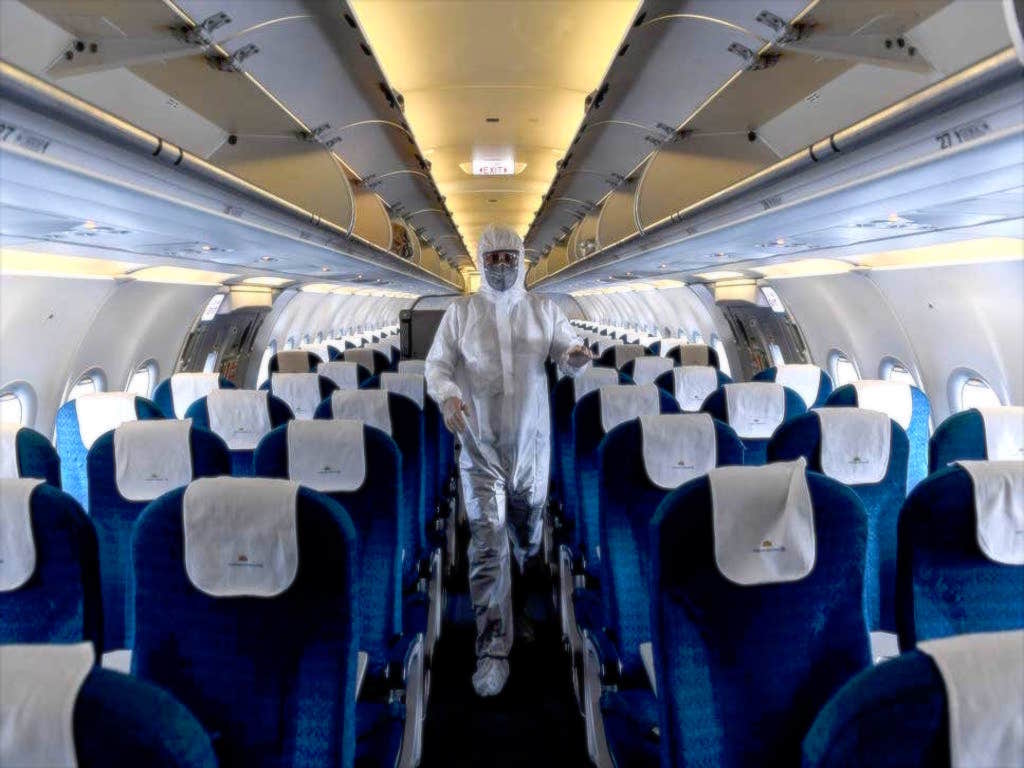2 Mins Read
Despite the coronavirus outbreak effectively collapsing the demand for travel across the globe, airlines are choosing to run empty “ghost” flights and spewing out tonnes of carbon emissions in order to keep their allocated flight slots in and out of Europe. European rules currently dictate that operators must run their flight allotments or risk losing them to a competitor, a regulation now under fire for encouraging wasteful and polluting practices as the coronavirus shows no signs of abating in the near-term.
Airlines have been wasting thousands of gallons of jet fuel to run empty “ghost” flights with no passengers on board amid the coronavirus outbreak that has seen demand for travel plummeting worldwide. According to the Times, operators are running empty aircrafts in and out of Europe and spewing out tonnes of greenhouse gas emissions into the atmosphere to avoid violating regulations saying that they can lose flight allocations to competitors if they fail fly 80% of their slots.
The aviation coordination body Airport Coordination Limited (ACL) has for now only suspended the rules for flights to and from Hong Kong and mainland China, but the regulations remain for all other flights globally. However, the spike in Covid-19 cases across almost all continents, particularly in Europe, means that these rules are prompting operators with European flights to continue running in spite of low passenger load.
Globally, at the time of writing, Covid-19 has infected nearly 100,000 and the death toll stands at over 3,800 and is showing little signs of slowdown in the near-term. Experts from the International Air Transport Association believe that the continued spread will cost the aviation industry an estimated US$113 billion in sales worldwide.
The European aviation policy is now coming under fire for promoting wasteful and environmentally damaging practices among companies who remain willing to pollute to remain competitive. Last Thursday, British Transport Secretary Grant Shapps wrote to ACL to ask for the current rules to be suspended to avoid further environmental and economic damage.
“Aircrafts [flown] at very low load factors, or even empty, in order to retain their slots…Such a scenario is not acceptable. It is not in the industry’s, the passengers’ or the environment’s interest and must be avoided,” Shapps said in the letter.
While the coronavirus has dominated headlines in recent months, the climate crisis is still a global emergency that cannot be ignored. It is vital that the aviation industry – both airline companies and regulators – take steps to end their already environmentally damaging track record and stop the incredibly wasteful practice of flying “ghost” planes.
Read our earlier coverage of Covid-19 and tips on prevention here.
Lead image courtesy of AFP.




